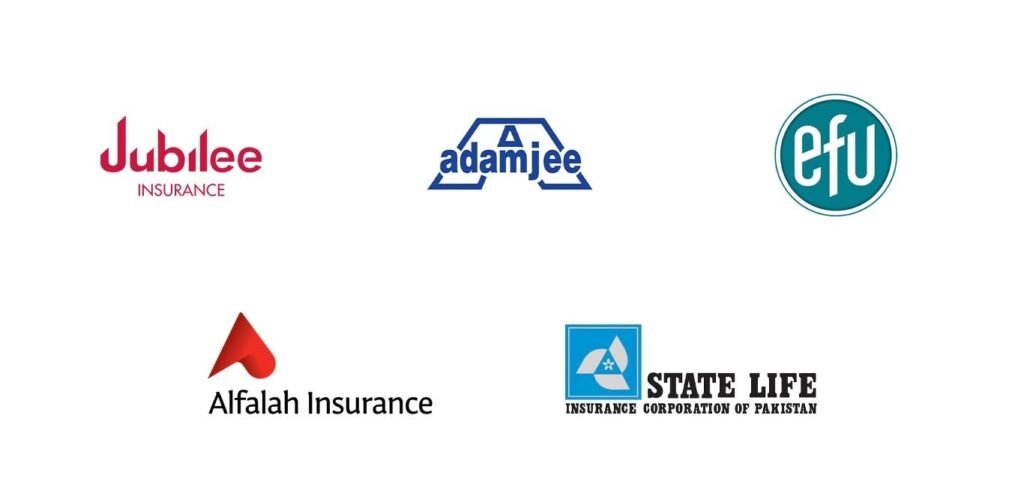Understanding Insurance: A Comprehensive Guide
Insurance is a financial tool that provides protection against unforeseen risks and losses. It serves as a safety net for individuals, families, and businesses by covering expenses in the event of accidents, illnesses, natural disasters, theft, and other unexpected occurrences.
In this article, we’ll explore the fundamentals of insurance, the different types available, how it works, and why it is essential in today’s uncertain world.
What Is Insurance?
It is a contractual agreement between an individual (or entity) and an insurance company, where the insurer agrees to provide financial compensation for losses, damage, diseases or specific deaths in exchange for premium payments.
The main purpose of insurance is to reduce financial uncertainty and make accidental loss manageable.
Key Components of Insurance
- Policy – The contract outlining the terms and coverage.
- Premium – The amount paid (monthly, quarterly, or annually) to keep the insurance active.
- Coverage – The amount and scope of protection provided.
- Deductible – Specifically, the amount of money that an insured person must pay out of their pocket before their insurance benefits kick in.
- Claim – A formal request to the compensation insurer under the terms of the policy.
Insurance Plans 
There are numerous types of insurance tailored to safeguard various facets of life and business. Below are some of the most common types:
1. Health Insurance
It typically covers medical expenses, including doctor visits, hospitalization, surgeries, and sometimes prescription drugs. Health insurance can be individual, company-sponsored, or publicly funded.
2. Life Insurance
The policyholder’s beneficiaries receive a one-time payment from the policy upon the policyholder’s passing. It helps ensure financial stability for family members. There are two primary forms:
- Term life insurance
- Whole life (or permanent) insurance
3. Auto Insurance
Offers protection against financial losses caused by car accidents, theft, vandalism, or natural calamities. It typically includes:
- Liability coverage
- Collision coverage
- Extensive coverage
4. Homeowners or Property Insurance
Safeguards your residence and possessions from risks like fire, theft, storms, and liability for accidents that happen on the property.
5. Travel Insurance
Covers unexpected incidents while traveling, such as trip cancellations, medical emergencies abroad and lost luggage.
6. Business Insurance
Created to safeguard businesses from potential financial losses resulting from property damage, legal liability, employee-related risks, and other operational challenges.

Why Insurance Is Essential
- Financial protection: Insurance can prevent a personal or business crisis from becoming a financial catastrophe.
- Peace of mind: Knowing you’re protected allows you to live and work with less worry.
- Legal compliance: Some insurance types, like auto or workers’ compensation, are legally required.
- Investment and savings: Some life insurance policies also serve as a long-term savings instrument.
Choosing the Right Insurance
When choosing an insurance coverage, take into account the following aspects:
- Coverage needs: Identify the potential risks you want to safeguard against.
- Premiums and deductibles: Strike a balance between affordability and the extent of coverage.
- Company reputation: Choose a reputable insurer with good customer service and claim settlement record.
- Policy terms: Read the fine print to understand what is and isn’t covered.
Conclusion
Insurance is not just a monetary product — it’s an essential part of financial planning. Whether it’s protecting your well-being, property, vehicle, or business, having the appropriate insurance coverage acts as a safety net when life takes an unforeseen twist.

